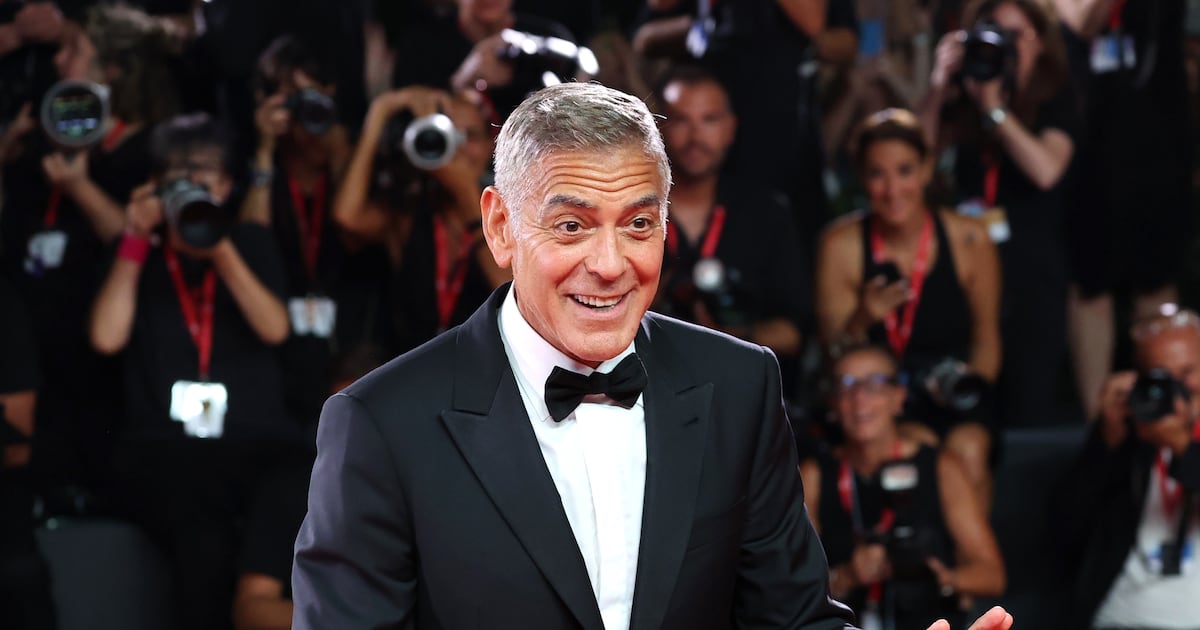Washington is once again debating an extension of the tax cuts that unofficially bear his name. His party is still seething over a surprise vote from the Supreme Court justice he appointed that kept President Obama’s health-care law largely intact. And his vice president will be on Capitol Hill Tuesday to talk with House Republicans about a plan of action in response to defense-related spending cuts.

Yet George W. Bush mostly steered clear of any such political minefields Monday night at a private gathering in Memphis, where the 43rd president had agreed to sit for a rare chat session in front of civic and business leaders about what life has been like for him and his wife, Laura, since leaving the White House.
The setting was the Dixon Gallery and Gardens, a combination fine-art museum and public garden in Memphis, and the occasion was the 100th anniversary celebration of Memphis-based Baptist Memorial Health Care Corp., a local health-care system that includes several hospitals in the area.
ADVERTISEMENT
The format was a question-and-answer session moderated by the Bushes’ daughter, Jenna. And the former president’s remarks tended more toward the personal than the political, according to some attendees of the private event that was closed to the media.
Bush focused, for example, on such aspects of his daily life as “having to stop at stop lights” again, and his new hobby of oil painting.
After telling the crowd he’s “kinda stuck” to painting dogs these days, he joked, “I guess you can teach an old dog new tricks.”
That’s not to say he avoided politics completely. According to one attendee, Bush said he wishes he had succeeded in passing reforms of immigration and Social Security–going so far as to describe the latter as “flat broke.”
About Social Security, Bush described it as “shameful” for workers today to pay into what he described as a broken program. “Problem was,” he said, “I couldn’t even get my own party to agree with me.”
“Politics has always been tough,” Bush said. He mentioned a long-running fascination with studying the life of Abraham Lincoln. “Times were pretty tough even when (Lincoln) was president.”
When asked for his secret to dealing with adversaries, Bush recalled the year his father lost reelection to Bill Clinton. Bush described 1992 as “a miserable year” and how he hated to see his father criticized.
“My dad would say, ‘Don’t worry about it. I believe in what I’m doing.’”
Bush is the latest in a string of high-profile guests the hospital has brought to town as part of its yearlong centennial celebration, which kicked off last year with a fundraiser for the hospital featuring Patti LaBelle. The hospital also advertises a religious component to its work, promoting the “three-fold ministry of Christ–healing, preaching and teaching”–in advertising itself, so the hospital thought Bush would be a good person to invite in that respect.
Bush has an admitted fondness for Tennessee, as he has explained on numerous occasions: he came to a Memphis suburb in 2000, the day after Al Gore claimed the Democratic presidential nomination. The move signaled that Bush wasn’t going to write off Gore’s home state in the general election, and indeed Bush ultimately won Tennessee’s 11 electoral votes. Had he not claimed Tennessee, the Florida recount would not have mattered as much as it did.
Given that his visit was in support of a hospital company, it’s no surprise he talked at least a little about health care–but only in broad strokes.
Jenna questioned him about why he asked Congress during his presidency to increase spending on health-care-related efforts around the world, and Bush answered by recounting the billions the country spent on aid to Africa under his watch. “To whom much is given, much is required,” Bush said. “We are by far the richest nation in the world.” As such, Bush said it would be “shameful” not to focus on international-aid efforts.
Bringing that thought back to the domestic health-care situation in the U.S., Bush said the country has the best health-care system, doctors, and technology, but that cost control is increasingly important—and one way he sees to get there is through competition. At the same time, he warned against government getting too “heavy-handed” in health care.
“By and large, it was a nonpolitical evening,” summed up Shelby County Mayor Mark Luttrell, who attended the event with Memphis Mayor A.C. Wharton Jr.
That’s becoming something of a pattern for the former president, whose only public support of his party’s presidential nominee, Mitt Romney, has consisted of an offhand remark in the spring when he said he was for the former Massachusetts governor.





